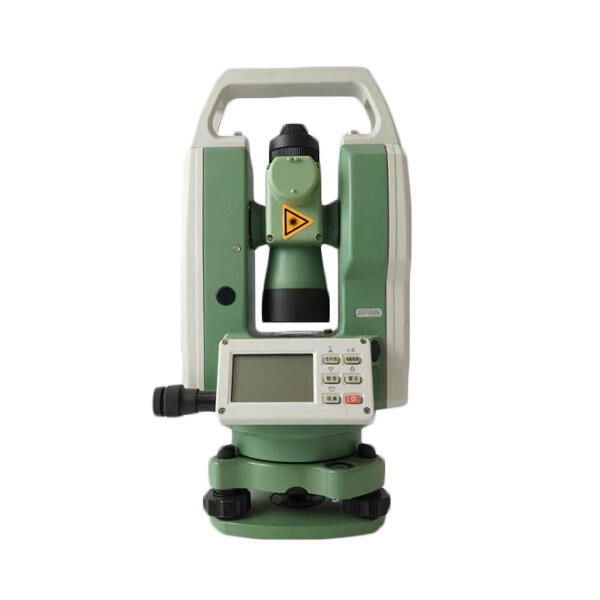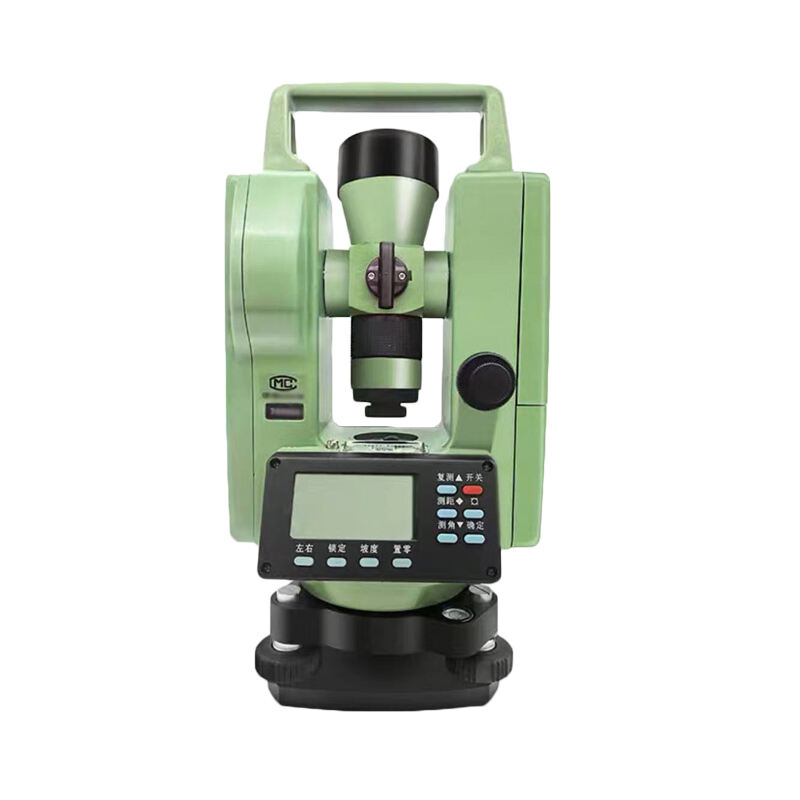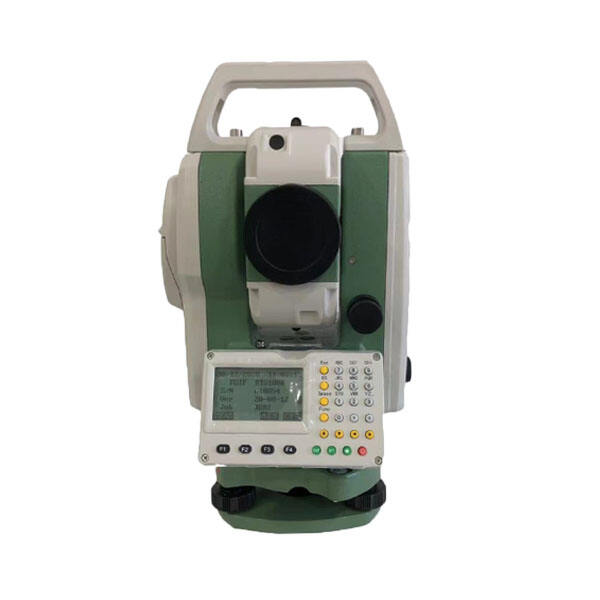theodolite and total station
The theodolite and total station represent essential surveying instruments that have revolutionized modern land measurement and construction practices. A theodolite is a precision optical instrument designed for measuring both horizontal and vertical angles in surveying applications. It consists of a telescope mounted within two perpendicular axes, allowing it to rotate horizontally and vertically with remarkable precision. The total station, an evolution of the theodolite, combines the angle-measuring capabilities with electronic distance measurement (EDM) technology, creating a comprehensive surveying tool. This advanced instrument can measure distances, angles, and coordinates with exceptional accuracy, typically within millimeters over kilometers. Both devices feature sophisticated optical systems, precise graduated circles, and digital displays that provide instant readings. They are extensively used in construction, engineering, mapping, and architectural projects, offering capabilities for tasks such as setting out buildings, aligning structures, and creating detailed topographical surveys. Modern versions include features like automatic target recognition, data storage capabilities, and wireless connectivity for seamless data transfer to computers or mobile devices. Their robust construction ensures reliable performance in various environmental conditions, while their user-friendly interfaces make them accessible to both experienced surveyors and newer practitioners in the field.


